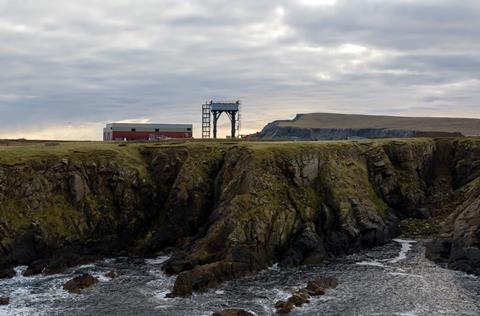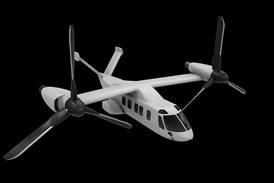UK regulators have granted a licence to a Scottish spaceport, located in the Shetland Islands, enabling it to conduct vertical launches from next year.
The spaceport, SaxaVord, becomes the first in the country to be licensed for vertical launch capability.
SaxaVord has been verified by the UK Civil Aviation Authority – which has regulatory oversight for the space sector – as meeting the necessary safety, security, and environmental criteria, as well as having suitable infrastructure, equipment and services.
Up to 30 launches per year are permitted under the licence.
“This marks the beginning of a new chapter for UK space as rockets may soon launch satellites into orbit from Scotland,” says CAA director of space regulation Tim Johnson, describing the licence approval as an “era-defining moment”.
SaxaVord’s facility is on the northern coast of the Shetland Islands, about halfway between the Norwegian city of Bergen and the Faroe Islands.

“There are a number of launch operators from around the world currently developing rockets to launch from SaxaVord who are currently at various stages of the assessment process with the CAA,” says the regulator.
It states that the licence puts Scotland “at the forefront of the European launch market”.
The UK already has a spaceport in Newquay which is approved for horizontal operations, although the inaugural air launch – from a Virgin Orbit Boeing 747-400 in January – failed. Virgin Orbit was subsequently broken up a few weeks later.
SaxaVord chief Frank Strang says the licence award is “historic” and follows almost three years of work to secure approval.
“There is much to do still but this is a fantastic way to end the year,” he adds.
SaxaVord says it has several clients including Rocket Factory Augsburg, HyImpulse, Lockheed Martin/ABL Systems and Skyrora.
UK Space Agency director of launch Matt Archer says the establishment of orbital launch capability in the country is bringing “new jobs and investment opportunities” as well as “inspiring the next generation” to become involved in the space sector.


























